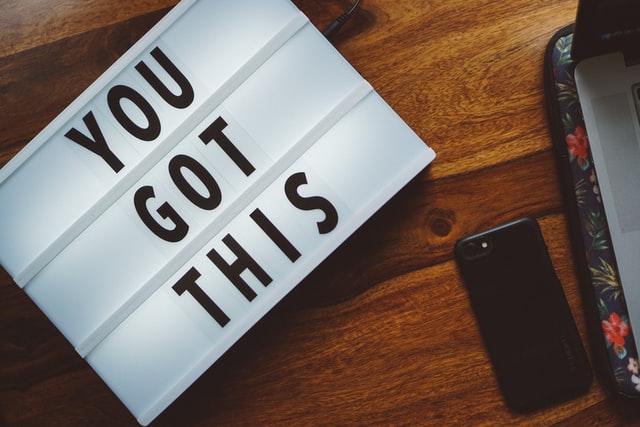A
A
A
According to Saint Augustine, a famous religious leader in the 19th century, habit, if not resisted, becomes a necessity. A bad habit may sometimes be so much ingrained into our normal lives that we can’t seem to notice it. Bad habits can range from the simple behavior of reaching out to your phone when you wake up to frequent smoking or alcohol intake. It takes a lot of effort, planning, and self-drive to stop a habit and break the cycle. In most cases, an individual may result in seeking professional help from a therapist or a psychiatrist. Others may opt to initiate the change to stop the bad or unhealthy habit. Here are some tips on how one can break the cycle of bad habits.
Acknowledge and decide to change.
The genesis of any action is decision-making. When an individual sits down and makes that personal decision to change their ways, there is no turning back. It has been proven that writing down important decisions will facilitate the individual to actualize their plans. You do not have to wait to reach rock bottom so that you can initiate change. There is no better time to start the process of healing other than now.
Read More »
Identify the cause of the bad habit and address it. Most unhealthy habits are tied to a root cause, which may be anxiety, depression, or total avoidance of the root problem. Excessive eating of junk food that causes weight gain can be due to stress, where an individual unconsciously eats food excessively as comfort. Excessive alcohol intake can be due to social pressures or stressful conditions. It is important to have a notebook to write down what scenarios cause you to engage in these bad habits. Once the real problem has been identified, then work towards solving that problem.
Eliminate the triggers.
Once you have started this transformative journey, you will realize that there are triggers that cause you to behave a certain way. Triggers may come as a pack of tasty Doritos, cigarette craving, or social triggers. Family and friends can also be a trigger. Eliminate the triggers, throw out that bag of delicious Doritos, minimize chances of cigarette smoking by not buying that cigar pack, or do not pick up calls from your friends on that Friday evening.
By eliminating the triggers, you minimize your potential for relapse into the bad habit. It is also essential to come up with a plan when faced with a tempting situation. One of the practical solutions is coming up with a mantra when faced with some temptation. Meditation and breathing exercises while reminding yourself of the reasons why you decided to quit are also useful. Also, a change of schedule or crew will go a long way to eliminate your triggers.
Replace a bad habit with a neutral or good habit.
If your target is to lose weight, replace frequent junk food snacking with eating a small bowl of fruits or vegetables. Fitness is a personal choice and can be quite a struggle in the initial phase. However, once the pace is set, nothing can stop you. Note that it might take some time before you find a habit that you will enjoy engaging in and that will replace the bad old habit. Try out different things like jogging, salsa classes, swimming, or enroll in a health gym. Find what suits you and stick to it.
Sometimes the change may necessitate a modification of the environment. Take a mini-vacation, travel to visit some friends or relatives, or take a weekend trip with your friends.
Add something unpleasant to the unhealthy habit.
A good example is people who bite their nails and use nasty or bitter-tasting substances to avoid biting their nails. Another example is some medicines given to alcoholics that causes unpleasant side effects upon alcohol intake. Such individuals will associate the unpleasant experience to the unhealthy habit, thus facilitate its cessation.
Work on a reward-punishment system.
Change does not happen in one day; it is a gradual process that takes time. Along with the transformative progress, there could be some setbacks or slip-ups, do not be too hard on yourself. The initial part of the progress may be hard, give yourself credit for wanting to change and love yourself more. Acknowledge that human is to err and if you fall or fail dust yourself up and move on.
At the same time, reward yourself for meeting your goals or for the little progress. Take a break from the program and engage in fun-filled activities that will not put your progress in jeopardy.
Seek help from friends and family.
It would be best if you informed your close associates of the decisions and changes. Some of them may even help you by calling you out when you slip up or help eliminate the triggers. However, it is essential to note that only you are responsible for the changes that you make in your life.
Seek professional help.
If you feel the need to seek help from medical experts and professionals, then do. Enroll in a weight loss program, go for that therapist appointment, or sign up for the rehabilitation program






